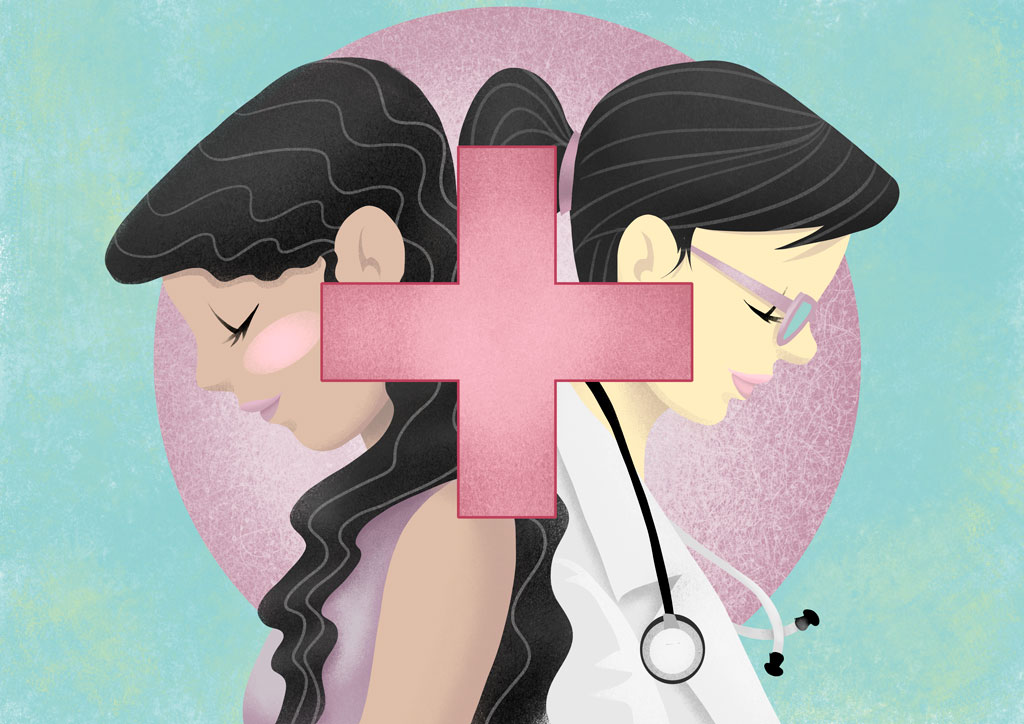
Medical Support and Examinations
Disclaimer: This guide is not intended to replace professional support, guidance, advice, or diagnosis.
Procedures and practices in medical facilities in India are not standardised. That is, they do not all follow the same procedures. Although the Ministry of Health and Family Welfare (MoHFW) has issued guidelines and protocols for medico-legal care for survivors or victims of sexual violence, these are not implemented across all facilities. This section was created with the support of interviews with professionals that work on implementing the issued guidelines and protocols and may not provide a comprehensive overview of the challenges you may come across while accessing medical support.
Trigger warning: A trigger is a word or an event that can cause an action to take place. In this toolkit certain words can be triggering for survivors. Which means that reading those words or sentences can cause a survivor to either feel uncomfortable or anxious and might even take them back to an unpleasant memory. If while reading someone does experience this, it is best to do a quick grounding exercise.
Sexual violence can lead to physical, psychological, and emotional harm for a survivor. If you are a survivor of sexual violence(s), we recommend you access medical treatment whether or not there are visible signs of injuries. Medical examinations can help you access tests and treatments/medical procedures (free of cost) for Sexually Transmitted Infections (STIs), pregnancy, and more. The doctor will also examine and treat any physical injuries on your body (free of cost).
If the sexual assault happened in your childhood, or if it happened another time in the past, when you were unable to seek medical attention, you may be relatively healed physically. You should still consult professionals so that you can continue to heal emotionally and psychologically.
If you are thinking about reporting the assault, the doctor can help you preserve evidence that could be used for pursuing a legal case. Most health facilities will preserve the specimens (evidence that they will take from you) for a small period of time, and you can arrive at a decision about filing a police case within this time period.
If you are an adult (18 years old or older), it is not mandatory to report the incident after a medical examination. Remember, you can refuse to give consent for any part of the examination. You do not have to do any part of the examination if you do not want to.
If you are a minor (less than 18 years of age), the doctor or any other person you seek help from has to, by law, report the incident to the police. If you or your parents or guardians do not wish to pursue the case, there are procedures that could be followed by the police.
